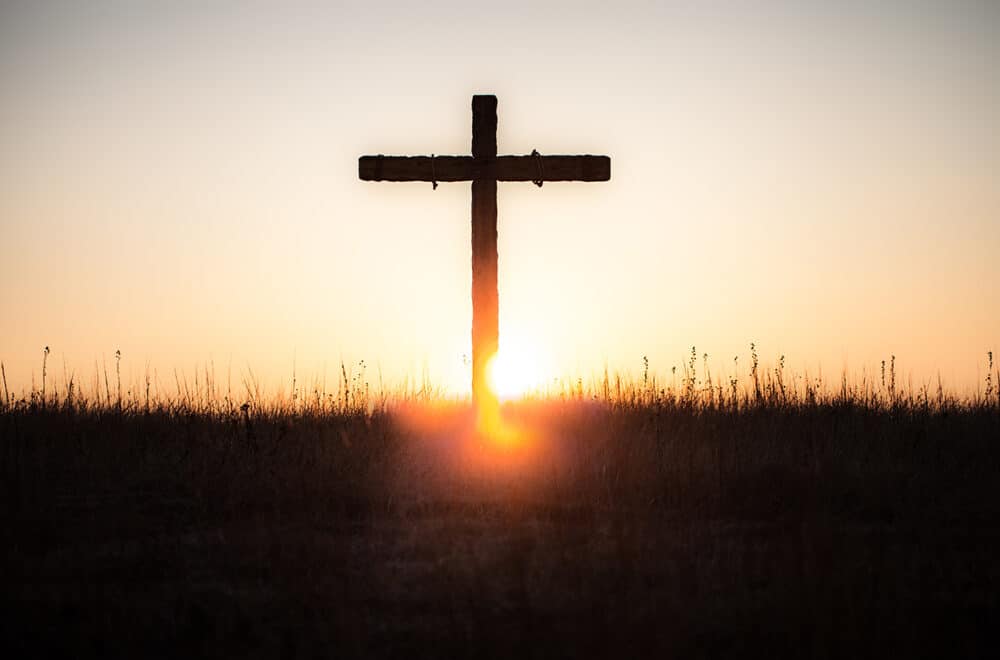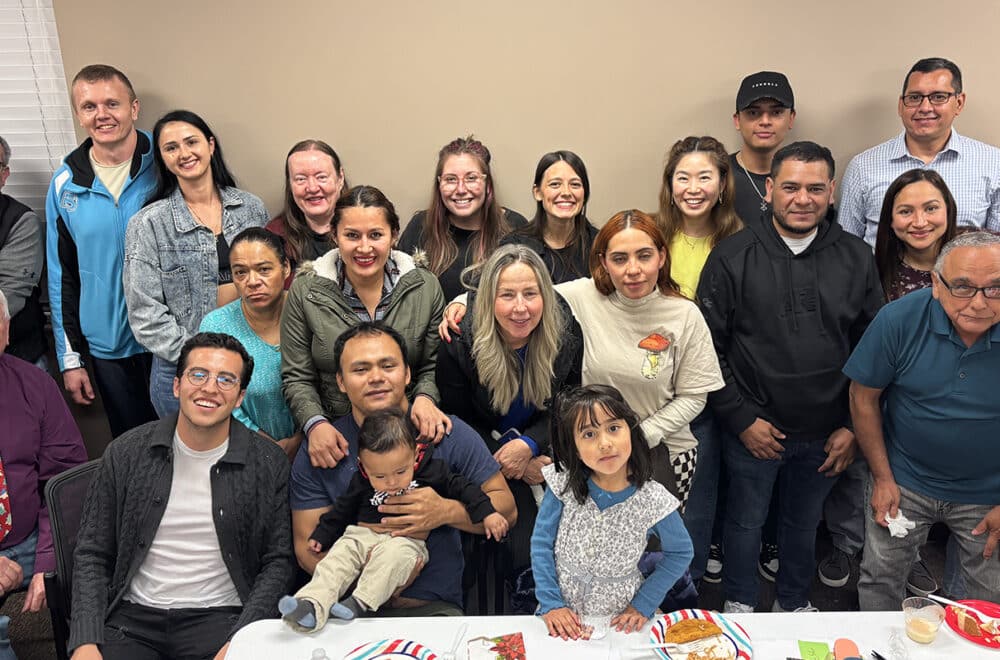Jerry Bridges is a best-selling author and popular conference speaker. His most popular book, The Pursuit of Holiness, has sold more than one million copies. Jerry has served on the staff of The Navigators for more than 50 years, and currently works with the Collegiate ministry where he is involved in staff development and also serves as a speaker resource to the campus ministries.
When Jerry Bridges first wrote True Fellowship he focused much of his attention on the concept of koinonia—the Greek word usually translated as fellowship in English versions of the New Testament. One of the reasons was because he felt that for so many believers their understanding of fellowship had become so watered down that it didn’t convey much more than social interaction—having coffee and cookies in the fellowship hall after a church service.
Years later, when he had the opportunity to review and update the book in its present form as True Community, he was pleased to note how much of the original content dealt with the intersecting ideas of fellowship and community.
Disciple!: How do fellowship and community differ? Aren’t they kind of the same thing?
Jerry: A community is essentially a group of individuals bound together by a common interest, need, or purpose. When we talk about biblical community, the thing that ties individuals together is that they are objectively in a community relationship with each other through their common union with Christ. Because they are in objective community relationship they should engage in the biblical idea of fellowship. That is what holds the community together.
D!: How do you think the kind of fellowship we often practice differs from the kind of fellowship the Bible talks about?
Jerry: While fellowship is social, it’s much more than having coffee and cookies together after church. Biblical fellowship goes deeper. During my 50-plus years around The Navigators, “having fellowship” always included spending time together around the Word of God. A focus on the Scriptures is always an essential component of biblical fellowship. But it’s more than simply reading the Bible together or quoting verses to one another. It’s relational. It’s recognizing that we are bound together in a way that affects our actions toward one another.
D!: What are the keys to having the kind of true, deep fellowship that results in strong, biblical community?
Jerry: It’s important to understand that koinonia is used in the New Testament to express four different but related dimensions of fellowship: community relationship, partnership, sharing spiritually with one another, and sharing material possessions. The first two are dimensions of koinonia that describe sharing together; the second two describe sharing with one another. It is because we share together a common life in Christ that we are called to share with one another whatever we have, both spiritual and material resources.
We can see an example of true fellowship and true community in action when we look at the biblical mandate to “share one another’s sufferings.” What that really means is that—because I belong to you and you belong to me—I make your suffering my suffering. And because of our shared suffering, I will do whatever I can to relieve your suffering. That’s what Paul was talking about when he wrote: “Rejoice with those who rejoice; mourn with those who mourn” (Romans 12:15).
D!: What are some of the hindrances to having true fellowship and developing true community?
Jerry: One of the biggest challenges is that we have an individualistic mindset. We tend to think everything is about us. We pursue our individual spiritual growth. Even when the focus is on our church, our inclination is to focus on our church—rather than on the broader Body of Christ. When we do that, we miss out on both the privileges and the responsibilities that true fellowship and community represent. We live in an individualistic society. That’s at odds with a belief that your sufferings are my sufferings. Until we understand that what affects you affects me—and affects the rest of the Body of Christ—we’ll be limited in our fellowship and in our ability to experience community.
Join the Community
Are you looking for more out of fellowship than just coffee, cookies, and chitchat? In True Community, best-selling author Jerry Bridges explains biblical koinonia and its implications for today’s church. With discussion questions at the end of each chapter, this book will help you dig deeper into what Christian community in the 21st century should look like. You will come away with a new appreciation for fellowship, the church, and what God intended the Body of Christ to be.




Hello, I am looking to use the principles in this book to be an underlying theme that is studied in small groups at my church, but I was wondering if there is a boiled down version where we could study it in just a few weeks or a few minutes at each gathering. Any other good resources for fostering community in small group? Thanks!
Hi Jacob –
We have a shorter resource that might help you build community in your small group: https://www.navigators.org/resource/building-relationships-small-group/
While it’s not directly based on the “True Community” book by Jerry Bridges, it might be a good jumping off point for you as you dive into building deeper relationships and community in your small group.
Please let us know if there’s anything else we can help you with!